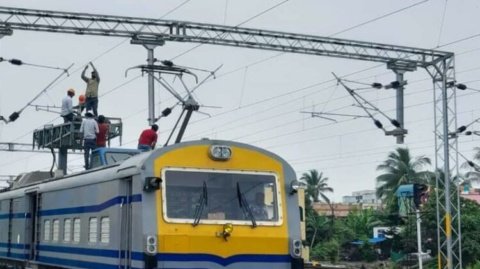Union Minister of State for Commerce and Industry, Jitin Prasada, recently highlighted the Indian government’s ongoing commitment to sustainable logistics through a series of strategic initiatives aimed at improving both economic and environmental outcomes. Central to these efforts is the PM Gati Shakti National Master Plan (NMP), which is designed to enhance industrial productivity while achieving green logistics and clean energy goals. The NMP promotes multi-modal connectivity across highways, railways, ports, airports, and inland waterways to facilitate sustainable economic activities.
In addition, the National Logistics Plan (NLP 2022) focuses on modernising the logistics sector through digital technology adoption. The National Industrial Corridor Development Corporation Limited (NICDC), under the Ministry of Commerce and Industry, has introduced platforms like the Unified Logistics Interface Platform (ULIP) and Logistics Data Bank (LDB) to support digital tracking and monitoring of logistics operations.
The NLP aims to develop a cost-efficient, resilient, and sustainable logistics ecosystem, with particular emphasis on the Sectoral Plan for Efficient Logistics (SPEL) and the new Coal Logistics Plan. The latter proposes a shift to a railway-based system for first-mile connectivity, which is expected to reduce carbon emissions by 100,000 tonnes per year and improve wagon turnaround times by 10 percent.
To increase the Indian Railways’ freight share from 35-36 percent to 45 percent by 2030, several initiatives are underway, including the National Rail Plan and the Rail Sagar Corridor program. The GatiShakti Multi-Modal Cargo Terminal (GCT) policy also aims to boost rail and port-based cargo transport.
Additionally, a Freight Greenhouse Gas (GHG) Calculator has been launched to compare transportation costs and emissions across different modes, while Indian Railways is introducing “Rail Green Points” to recognise carbon emission savings. An e-handbook on Warehouse Standards has been released to enhance warehouse space utilisation and infrastructure.
This information was presented by Jitin Prasada in a written reply in the Rajya Sabha.







